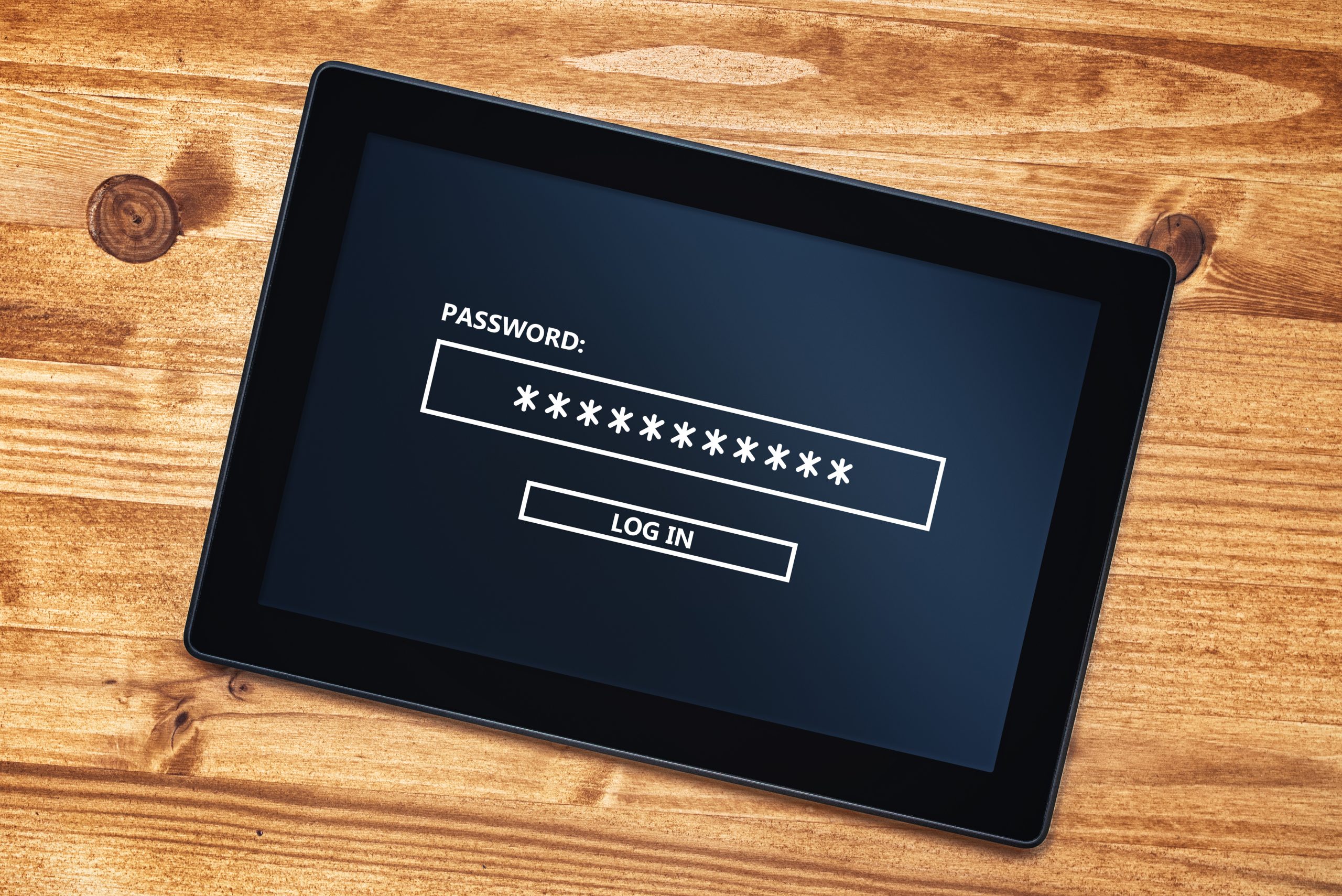Category: Technology & Data Privacy Law
Navigating Digital Assets When Settling an Estate
April 9, 2024 | Tyler W. Eubank
Navigating the estate settlement process after the death of a loved one is an emotional and confusing matter for many people. The existence of password-protected online accounts can further complicate this process. So, what can you do about these “digital assets”? Keep reading to learn more on the specifics of navigating digital assets when settling an estate. Revised Uniform Fiduciary Access to Digital Assets Act The Revised Uniform Fiduciary Access to Digital Assets Act (RUFADAA) is a uniform law that has been adopted by nearly all U.S. states, including Minnesota. RUFADAA dictates which digital assets fiduciaries may or may not gain access to when settling an estate. A digital asset is any electronic record in which a person has an interest. This encompasses basically any online account you may have, such as online banking service accounts, accounts from which you pay bills, email, social media, cloud-based storage, and more. Plan Ahead When it comes to digital assets, the best thing that you can do is plan ahead. Make sure your estate plan explicitly authorizes or prohibits access to your digital assets. Keep account usernames and passwords somewhere safe where they can be accessed by a trusted individual in the event of your passing. Many accounts also allow you to designate someone to take…
Read MoreCyber Liability Coverage – Read that Policy Carefully!
September 3, 2020 | Carole Clark Isakson
Cyber insurance, also referred to as cyber risk insurance or cyber liability insurance policy coverage, is an insurance policy. Any company that uses technology to do business (i.e. pretty much every company…) should evaluate its need for this type of policy, review the policy language carefully, and verify that policy limits are sufficient. Before cyber insurance coverage became common, in the event of a data breach or other cyber event an insured might have tried to make a claim under its general liability insurance. These claims were frequently denied. With the advent of cyber insurance policies, a more specific product was made available, and may provide the coverage needed. Cyber insurance applies to data breaches and specified cyber events. The typical policy provides coverage for various costs that may be incurred in a data breach situation – for instance, many policies will provide assistance in verifying and recovering from a data breach. As with any insurance policy, it is important to read the exclusions and be aware of events that are NOT covered. Not all policies are created equally. Consideration should be given to your specific goals. Cyber risk insurance often, though not always, covers: Loss or damage to data (i.e. the cost to replace or restore electronic data belonging to the insured…
Read MoreBGS Helps Clients Navigate the Cybersecurity and Privacy Law Landscape
March 5, 2020 | Barna, Guzy & Steffen, Ltd.
Is your business compliant with the new California Consumer Privacy Act? Did you know the new CCPA requires many Minnesota businesses to comply with these requirements or face fines or legal action? Read on for information on how the experts at Barna, Guzy & Steffen are helping clients navigate the cybersecurity and privacy law landscape. Understanding cybersecurity and data breach laws The area of cybersecurity and privacy law is rapidly evolving. Now more than ever, companies face new compliance obligations, greater liability risk, and legal uncertainty from data breaches or privacy misconduct resulting in massive lawsuits. The passage of the California Consumer Privacy Act has led to sweeping nationwide legislation for companies to adopt appropriate data practices and manage the risks associated with new cybersecurity landscape. Steps toward compliance The first step toward compliance is understanding where and how your data is being collected, how it’s shared, and with whom – vendors, third parties, etc. Even if your business is not subject to the CCPA, you may still benefit from assessing your data-collection practices relative to enterprise risks. Next, it’s a good idea to review and update any internal privacy and security policies. The CCPA requires companies to tell consumers what type of third parties with whom you share information. Create processes to…
Read More

